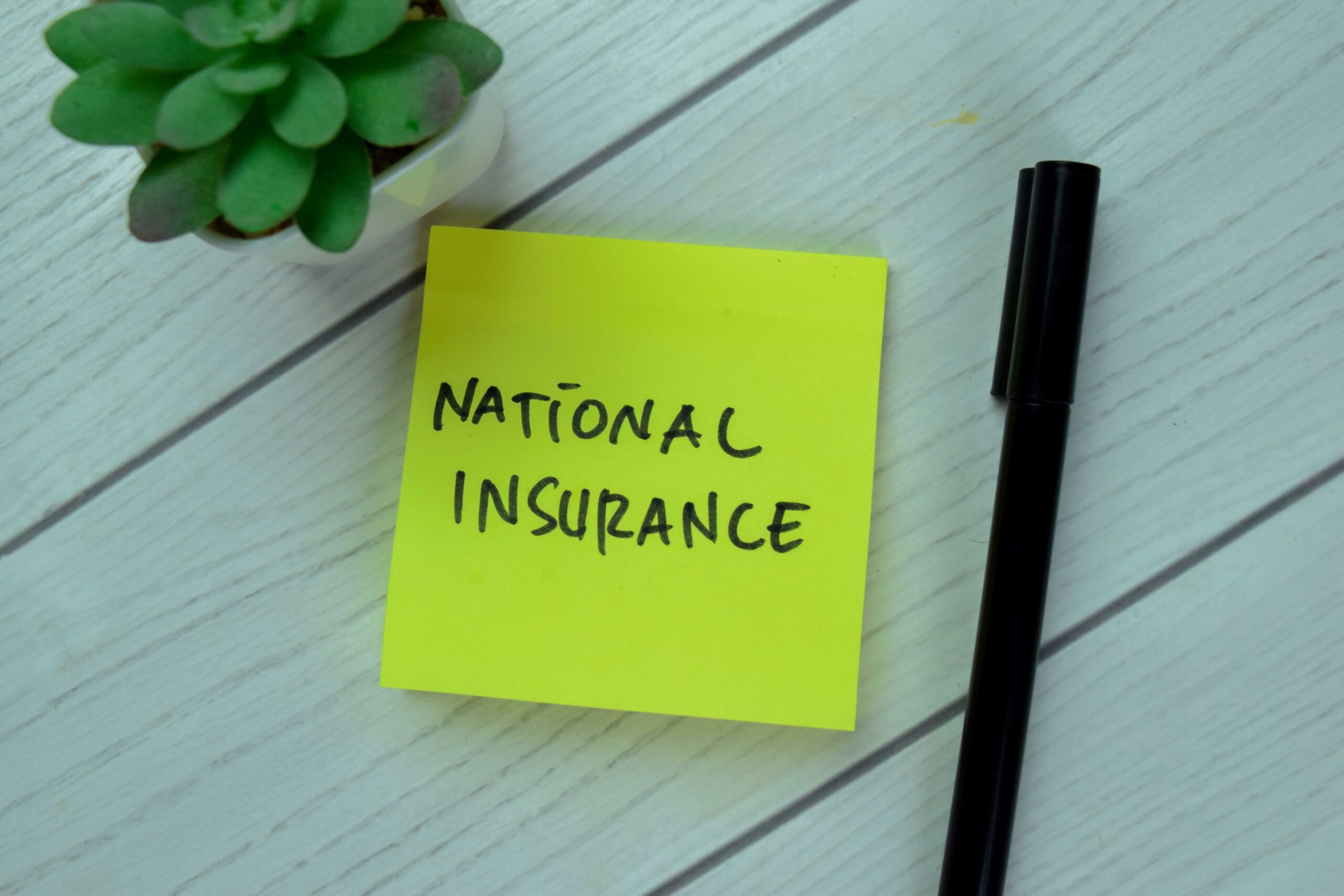
Last tax return
Self-employed and high-earning individuals must file their tax returns and settle outstanding taxes by 31 January, with penalties for late submissions. But this will be the last year some higher earners go through this process. Currently those taxed through PAYE must complete a self-assessment form if they earn over £100,000. This is rising to £150,000 for the next tax year. However this doesn’t apply to the self-employed, those with untaxed income, or those receiving child benefit if their partner earns over £50,000.
Royal change
The coins in your wallet will soon look a little different. After the coronation of King Charles III last year, the Royal Mint is releasing its first full set of redesigned coins, which will gradually replace those currently in circulation. The coins feature animals and plants from around the UK, including the red squirrel, oak tree and Atlantic salmon. Royal Mint’s new design includes large numbering to make them more accessible, particularly to tourists and children.
Working longer
More than one in 10 over 65s are now working past their 65th birthday – double the number seen 20 years ago according to ONS figures. Many of these workers are self-employed or working part time, with a relatively high proportion on zero hours contracts. The only age group with a higher proportion on these insecure work contracts are the 16–24-year-olds. Many are choosing to work for longer as they remain in good health, but insufficient pension savings is also thought to be playing a part.





